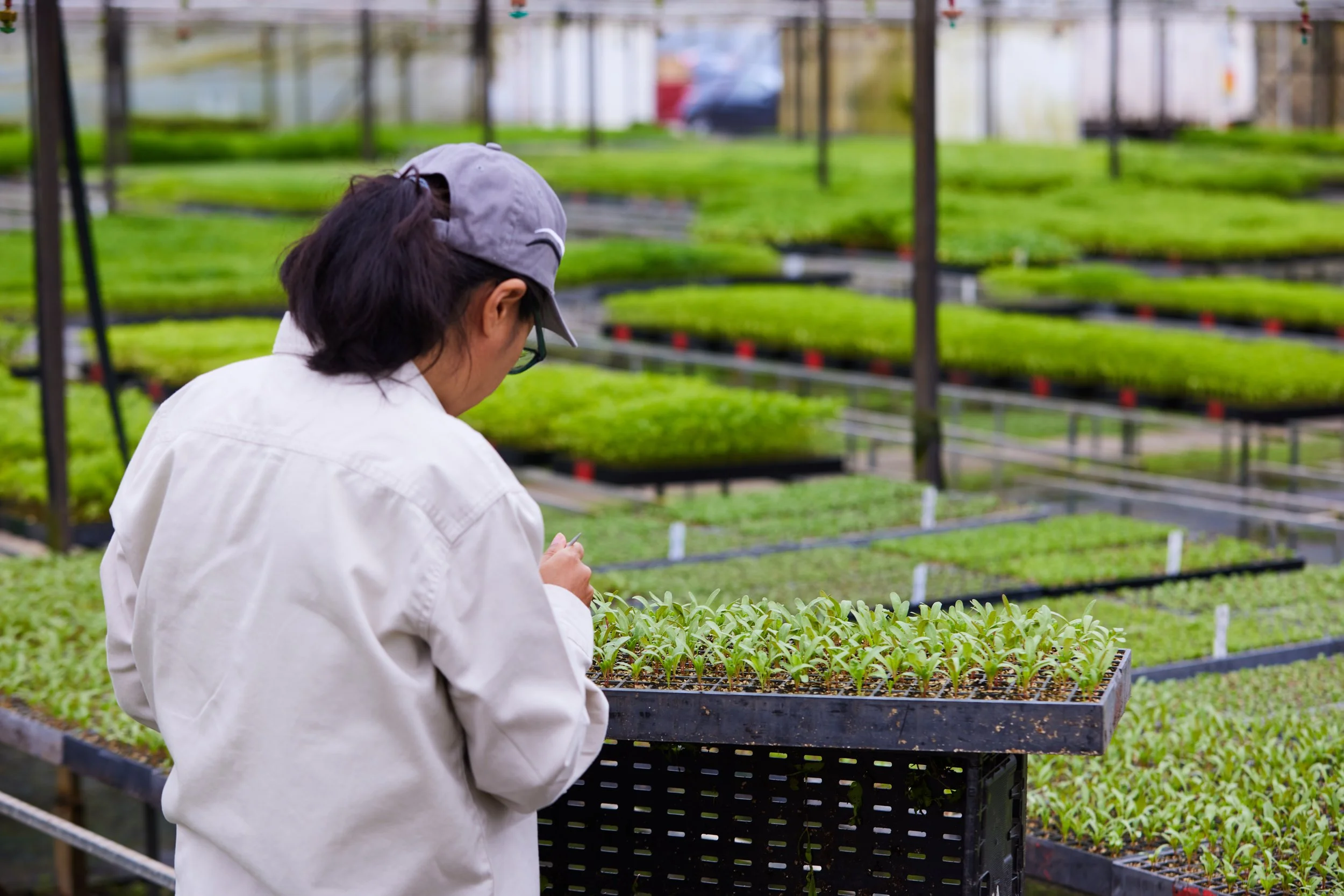Integrated pest management
Integrated pest management (IPM) is an effective and environmentally friendly way to manage pests that reduces the negative impact of spraying chemicals on the environment. IPM combines various techniques, including biological control, cultural control, physical/mechanical control, and chemical control, to reduce pest damage cost-effectively and safely.
Types of integrated pest management systems are. Cultural Control: Cultural control involves using practices such as crop rotation, soil fertility management and irrigation to reduce the presence of pests. For example, planting a pest-resistant variety of crops or rotating different crops can keep pests from building up in one area. Physical/Mechanical Control: Physical or mechanical control techniques involve removing weeds by hand, trapping animals damaging crops, or creating barriers between plants and potential pests. These methods can be used on their own or in combination with other IPM strategies for greater effectiveness. Chemical Control: Chemical control uses pesticides to kill unwanted insects, fungi and bacteria. However, this should only be used when necessary since chemical pesticides can have adverse effects.
1. Monitor the crop and pest population regularly to know when action needs to be taken.
2. Use biological control methods such as introducing beneficial insects into the field or planting pest-resistant varieties of crops.
3. Practice cultural control techniques such as crop rotation and soil fertility management to reduce pests in the area.
4. Utilise physical/mechanical controls such as hand weeding, trapping animals, or creating barriers between plants and potential pests whenever possible.
5. Only use chemical pesticides when necessary – always read labels carefully before applying any pesticide product!
Integrated pest management systems are essential because they reduce the need for chemical pesticides, which can significantly negatively impact the environment. Using a combination of biological control, cultural control, physical/mechanical control and chemical control methods, IPM helps minimise pest damage while still allowing farmers to produce healthy crops. It also reduces potential harm to beneficial organisms, such as pollinators or predators, that pesticides may affect. Additionally, IPM is often less expensive than relying solely on chemical pesticides since it uses strategies that don't require additional input costs.


